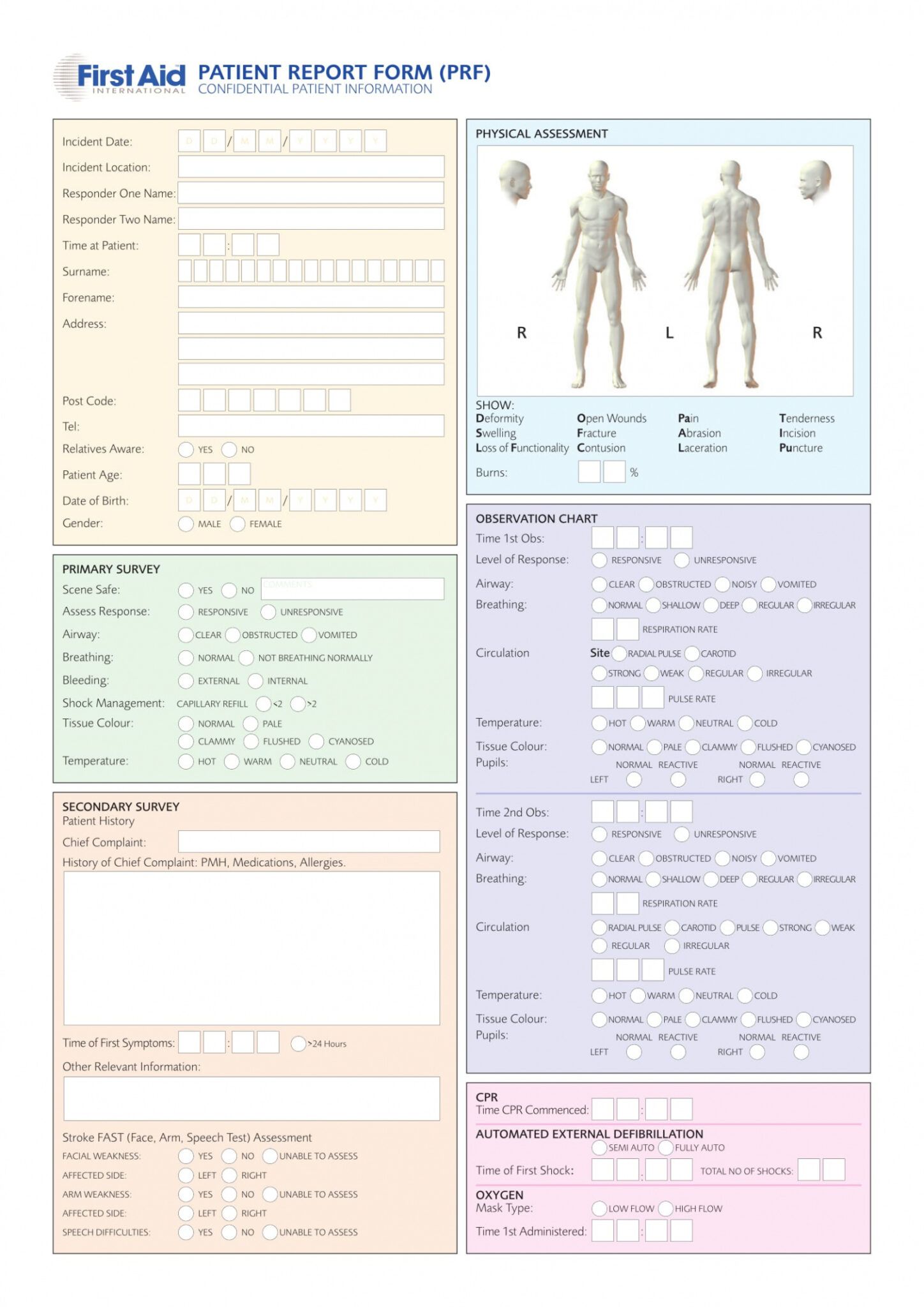5 Times You MUST Update Your Doctor's Paperwork

Staying on top of your health means more than just visiting your doctor regularly; it involves keeping your medical records accurate and up-to-date. This not only helps your healthcare providers offer you the best care but also ensures that your medical history remains current, which can be crucial in emergencies or when transitioning between healthcare providers. Here are five key moments when you must update your doctor's paperwork:
1. Major Life Changes

Life events such as moving to a new city or changing your employment can significantly impact your healthcare needs. Here’s why updating your paperwork is essential:
- Address Change: Make sure your medical records reflect your current address to avoid delays in communication or misrouted medical mail.
- New Insurance: If your employment status changes, your health insurance likely changes too. Update your doctor’s records to ensure seamless billing and coverage.
📌 Note: Keep your contact information current to receive timely appointment reminders and lab results.
2. Health Status Updates

Your health is dynamic; keeping your doctor informed about changes ensures they can manage your care effectively:
- New Diagnoses: Any new health condition must be noted in your records. This can influence treatment plans and potential medication interactions.
- Surgery or Procedures: Document any surgeries or invasive procedures you’ve undergone, as they can affect future treatments or your eligibility for certain medications.
Also, changes like pregnancy or significant weight loss or gain should be communicated promptly.
3. Medication Adjustments

Keeping track of your medication regimen is crucial for your well-being:
| Medication Change | Reason to Update |
|---|---|
| New Prescriptions | To avoid potential drug interactions or redundant prescriptions. |
| Dose Changes | To ensure accurate dosage information is on file. |
| Discontinued Medications | To prevent confusion or outdated medication records. |
| Allergies | To alert healthcare providers of any new or changed allergies. |

📌 Note: Don’t forget to include supplements, over-the-counter drugs, and vitamins in your list.
4. Family History Changes

Your family history can significantly influence your risk for certain diseases. Here’s when to update:
- New Diagnosis in Family: If a close relative develops a hereditary condition, this information should be recorded in your medical history.
- Health Outcomes: Outcomes such as early death or late-stage diagnoses in family members can inform your doctor about potential risks you might face.
📌 Note: Consider genetic counseling if there are significant changes in your family medical history.
5. Emergency and Advanced Care Planning

As your life circumstances change, so should your emergency and advanced care plans:
- Living Will or Advanced Directives: If you’ve updated your legal documents regarding your healthcare wishes, these must be reflected in your medical records.
- Emergency Contact Updates: Changes in relationship status or important contacts require updates to ensure someone can be reached in case of an emergency.
By the end of this article, you'll realize how essential it is to keep your doctor informed of these changes. Regular updates to your paperwork not only facilitate better healthcare but also ensure peace of mind, knowing that your medical history is current. This can be crucial during health emergencies where time is of the essence.
Why is updating my doctor’s paperwork important?

+
Keeping your medical records up-to-date ensures that your healthcare providers can provide the best care tailored to your current needs, prevent potential medical errors, and manage your treatment effectively.
What if I forget to update my paperwork?

+
Failing to update your medical records can lead to incorrect treatment plans, miscommunication, or delays in care during emergencies, potentially affecting your health outcomes.
How often should I check my medical records?

+
It’s advisable to review and update your medical records at least annually or whenever there is a significant change in your health status or personal circumstances.



